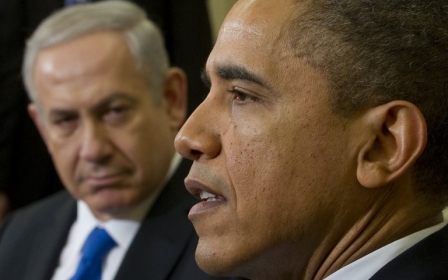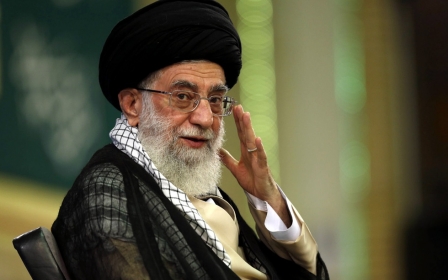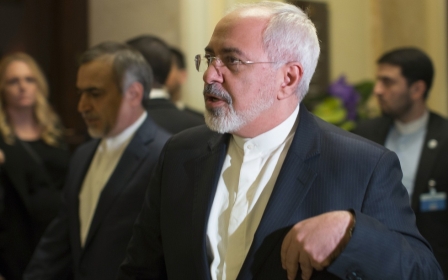Iran upbeat as nuclear talks hit final stretch

Iran's nuclear chief said Thursday he was "optimistic" about reaching a ground-breaking nuclear deal as US and Iranian diplomats launched down-to-the-wire talks chasing a 31 March deadline.
"On the whole I am optimistic," Ali Akbar Salehi, head of the Atomic Energy Organisation of Iran, said in an exclusive interview with AFP on the sidelines of the crunch talks which resumed in the Swiss town of Lausanne.
But he warned "There are those who have an interest in more troubles and not dealing with this question have not been inactive. They are trying to make sure there is no deal."
After 18 months of intense negotiations around the globe, US Secretary of State John Kerry launched a final round of talks with his Iranian counterpart Mohammad Javad Zarif before Tuesday's deadline with American officials also saying a deal was in sight.
"We very much believe that we can get this done by (March) 31," a senior State Department official said.
"We can see a path forward here to get to an agreement, we can see what that path might look like," the official told reporters, cautioning however that this "doesn't mean we'll get there".
Six world powers negotiating with Iran since late 2013 want Iran to disable parts of its nuclear infrastructure put an atomic bomb out of reach and end a 12-year standoff.
After missing two deadlines in 2014 to turn an interim November 2013 accord into a lasting deal, the parties set 31 March for a "framework" agreement with a full pact setting out all the technical details to be agreed by 30 June .
In another sign that the negotiations have reached a critical stage, French Foreign Minister Laurent Fabius will fly to Lausanne on Saturday.
Fabius has long been fearful of a soft deal giving Iran the possibility of obtaining nuclear weapons. It remained unclear whether he would be joined by other P5+1 counterparts from Britain, China, Germany and Russia.
Yemen crisis
There were concerns, however, that a crisis in Yemen where Saudi Arabia Wednesday launched air strikes against Shiite rebels who have seized control of the capital, could sour the atmosphere for the talks.
Zarif condemned the air strikes on Thursday, which are being supported by the US, saying they would lead only to greater loss of life.
"Military action from outside of Yemen against its territorial integrity and its people will have no other result than more bloodshed and more deaths," he told the Iranian-owned al-Alam television channel.
Kerry and Zarif both refused to answer questions about Yemen at the start of their talks in a luxury Lausanne hotel.
Iran, which denies wanting the bomb, is loath to dismantle any of its nuclear facilities unless in return the powers dismantle UN, US and EU sanctions that have choked its economy.
The six powers counter that they can only be suspended - not terminated - over a long period, allowing them to be "snapped back" if Iran violates the deal.
"The Islamic Republic of Iran has demonstrated its political will and it is up to the other side to take a step forward and show that it has the political will to allow a resolution of the problem," Salehi told AFP.
Ahead of discussions with US Energy Secretary Ernest Moniz, Salehi said a range of technical, legal and political aspects would make up a highly complex agreement.
"Everything is linked. On the technical questions we have come closer together towards a common understanding," he said. "But there remains a lot of work to do."
It also remains unclear how detailed any framework deal between Iran and the six powers will be with the format still under discussion.
Obama's administration is under severe pressure from a hostile Congress to hammer out something concrete.
And Britain's Philip Hammond - who is on stand-by to come to Lausanne at the weekend - also warned of the consequences of failure.
No deal would mean a "fundamentally more unstable Middle East, with the prospect of a nuclear arms race in the region," Hammond said.
New MEE newsletter: Jerusalem Dispatch
Sign up to get the latest insights and analysis on Israel-Palestine, alongside Turkey Unpacked and other MEE newsletters
Middle East Eye delivers independent and unrivalled coverage and analysis of the Middle East, North Africa and beyond. To learn more about republishing this content and the associated fees, please fill out this form. More about MEE can be found here.




